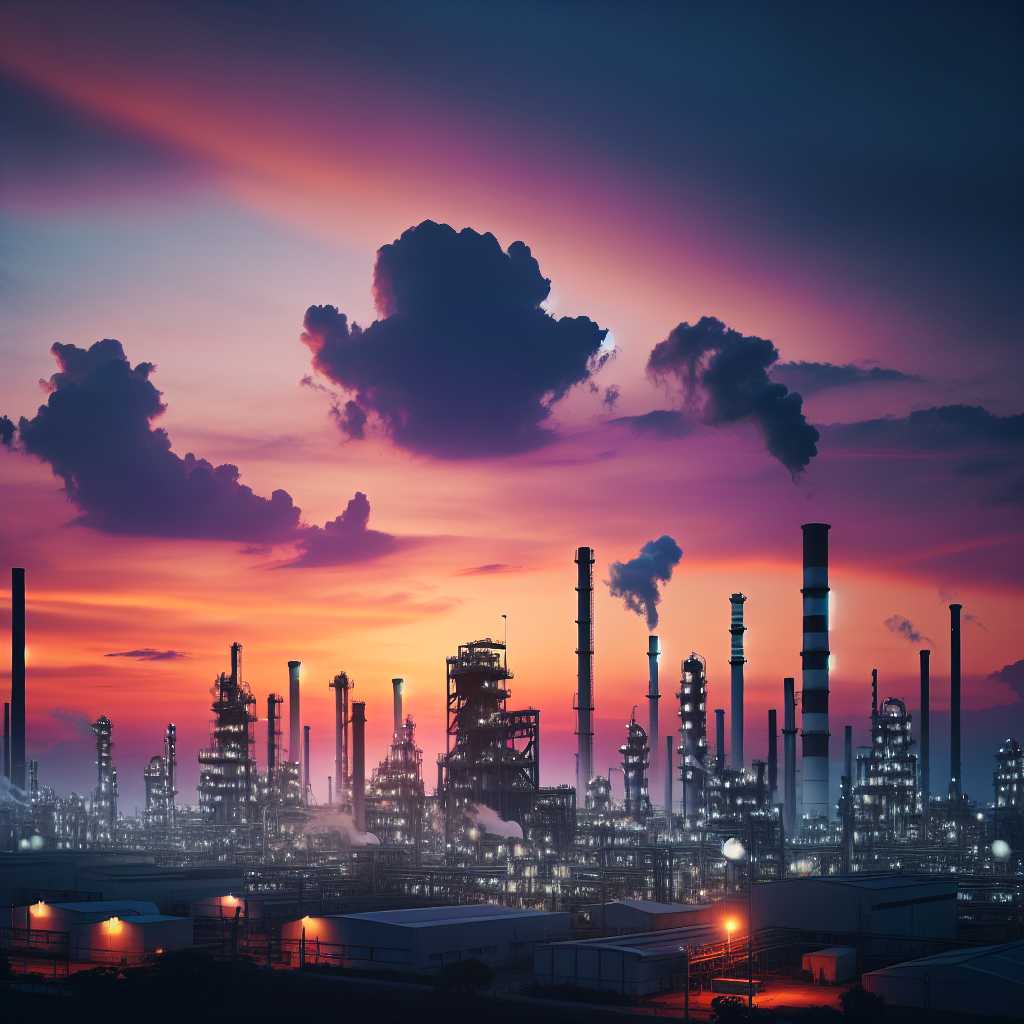The Pivotal Role of Industry in Modern Society
Industries form the backbone of the modern economy, encompassing a myriad of activities and fields that interact to fabricate, produce, and distribute products and services across the globe. Considering their vast impact on technological progress, employment, and living standards, industries are indispensable to the sustained growth and stability of countries worldwide.
Historical Development of Industries
The evolution of industry has been decisive in shaping societies. From the rise of craftsmanship during ancient times to the age of manufacturing ushered in by the Industrial Revolution, industry has consistently transformed human ways of living. The Agrarian lifestyle was progressively overshadowed as machines revolutionized productivity and urbanization became prominent.
Types and Classification of Industries
Industries are commonly classified into different sectors based on their primary activities. The primary sector involves the extraction of natural resources, whereas the secondary sector deals with manufacturing these raw materials into goods. The tertiary, or service, sector encompasses the provision of services to businesses and consumers. More recently, the realm of industry has expanded to include the quaternary (knowledge-based) and quinary (high-level decision-making) sectors.
Impact on Economies
The industrial framework of any nation holds incontrovertible influence over its economic capabilities. Through the creation of jobs, infrastructure development, and technological advancements, industries drive GDP growth. They foster innovation by investing in research and development and catalyze other industry sectors’ growth through their demand for raw materials, technology, services, and utilities.
Environmental Concerns
Despite their economic benefits, industries have been critically examined for their environmental impact. Issues like pollution, resource depletion, and contribution to climate change have placed a considerable impetus on sustainable development within industrial processes. Measures such as ‘green’ technologies, circular economies principles, and corporate social responsibility have been increasingly adopted to minimize ecological footprints.
Current Trends and Future Outlook
Today’s industries are highly influenced by technological innovations such as automation, robotics, artificial intelligence (AI), and data analytics. These technologies have ushered in the Fourth Industrial Revolution (Industry 4.0), promising an era of unprecedented efficiency and communication capabilities across global supply chains.
The future landscape will likely be marked by continued technological integration and a shift toward sustainable practices due to rising environmental concerns and economic competitiveness led by eco-innovation.
Notes
Image Description
A vast industrial complex at dusk, with silhouettes of manufacturing plants outlined against a dimming sky streaked with oranges and purples from the setting sun. Plumes of steam gently rise from several smokestacks into the cooling air, juxtaposing industrial activity with the tranquility of a day’s end.
